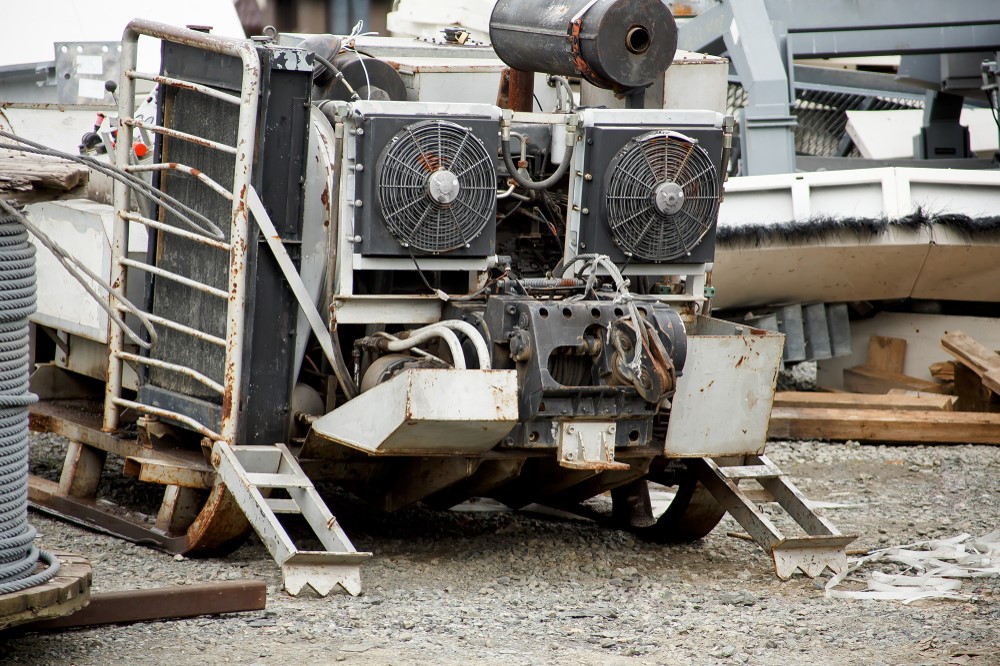In this section
In this sectionThe GPA Coordination Unit conducted a survey among energy experts in the humanitarian system to estimate the number of diesel and petrol generators that are used to produce electricity in humanitarian operations, with a view to establishing the opportunities to transition to solar solutions.
Based on feedback from six UN organisations and ICRC, we estimate that there are currently more than 11,000 generators in use around the world. Our initial conservative estimates are that humanitarian agencies spend more than $100 million on fuel per year, emitting almost 200,000 tonnes of CO2. In addition, we have also estimated that a total investment of around $250 million would be necessary to solarise viable systems, which could save around $70 million in fuel costs and around 125,000 tonnes of CO2 per year.

Our next steps will be to refine these initial order-of-magnitude estimates and explore how to meet organisational sustainability targets by taking advantage of the opportunities available through solar solutions. For more information about our work, or how it could be applied in your organisation, please contact energy@unitar.org.
Further readings:
- How to insure long-term activities in short-term funding? A Guarantee Mechanism in Humanitarian Energy Contracts
- Helping the UN cut down on fossil fuels by de-risking energy service contracts
- Helping the UN cut down on fossil fuels through standard energy service contract clauses
- Four ways to accelerate solar-powered electrification in humanitarian settings
Last updated: 08/09/2021
